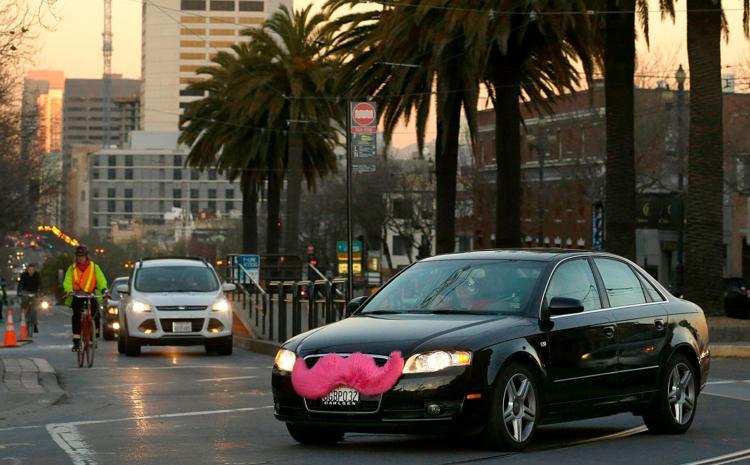California on Wednesday unveiled an aggressive plan to mandate continued growth in sales of electric and zero-emission vehicles, the first step in implementing the first-country goal of banning new petrol-powered vehicles by 2035. Under the proposed rules issued by the California Air Resources Board, 35% of new passenger vehicles sold in the state by 2026 must be powered by batteries or hydrogen. Less than a decade later, the state expects 100% of all new car sales to be free of fossil fuel emissions, which are mainly responsible for global warming.
Currently, 12.4% of new cars sold in California are zero-emissions, according to the board. If the board finalises the plan in August, it could set the bar for the country’s automobile industry. California is the largest auto market in the United States and the 10th largest globally. Also, 15 other states, including New York, Massachusetts, and North Carolina – have previously followed California’s steps regarding tailpipe emissions and may accept similar proposals.
“It’s essential,” said Daniel Sperling, a member of the California Aviation Board and director of the Institute of Transportation Studies at the University of California, Davis. He said the proposed rules, which he hopes to pass, send a signal to the world auto market. “Other countries and other states, they see what California does,” he said. “And so, it will resonate around the world.” The proposal comes as President Joe Biden’s climate agenda is ruined. Biden signed an executive order last year urging the government to ensure that by 2030, half of all cars sold in the United States will be electric.
However, legislation to help make the transition by allocating billions of dollars in electric vehicle tax breaks has been stalled in the Senate. Meanwhile, under pressure to ease high oil prices, the president urges oil companies to drill for more oil. The automaker did not immediately respond to a request for comment on California’s proposed rules.
 Live
Live

